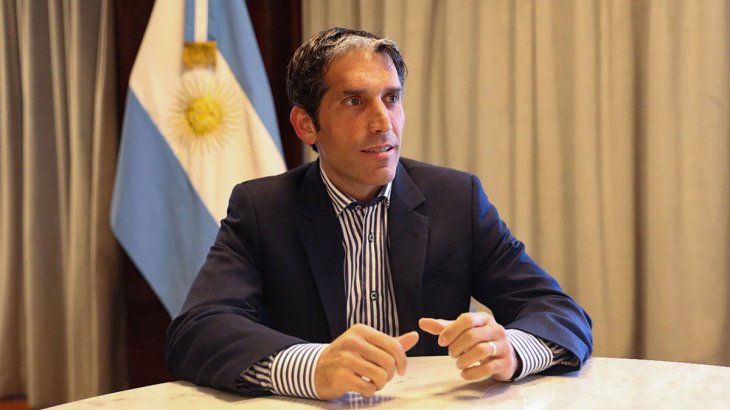“After the AOG in Neuquén with a record of attendees at all levels, but without major announcements of new investments, some questions arise”launched the doctor of law from the UBA:
- Why does it take so long regulation of the hydrocarbons chapter of the Basic Law (especially article 6 on exports)?
- What reasons justify Neuquen Wait for that regulation to join the RIGI?
- What lessons does the sale of the assets of ExxonMobil?
- Why the replacement of the person responsible for the Secretary of Energy Can it be understood in cyclical terms, but also systemic?
The analysis of Juan José Carbajales
Juan José Carbajales
The changes introduced in the Base Law represent a disruptive shift vis-à-vis sectoral regulation unchanged since 1967, since the internal-market-first rule is reformulated with another that prioritizes security of supply, “income maximization” and free export.
This structural resignification carries systemic implications whose effects we cannot yet dimension. However, the residual mechanism of “non-objection (for economic reasons)” presents unknowns regarding the content and scope of the SEN’s intervention.
The delay in its regulation is striking compared to what is happening with the RIGI, since this incentive regime already has 3 regulatory decrees – as analyzed in extensive in this report.
How austere or detail-oriented the mechanism ends up being (via details and details) will mark the DNA of a change that aims not to be conservative but decidedly advanced towards a new productive stage.
Why does Neuquén not join the RIGI?
The main producing province is holding back from joining the RIGI while waiting for the fine print of the Bases Law. The motivation could be due to two risks (to some extent antagonistic):
(Yo) that a hyper-regulatory non-objection makes multi-year export contracts difficult and, therefore, discourages investments in the Upstream;
(ii) that a total liberalization of exports will deduct the percentage of withholdings (8%) from the “price actually received” by the operators and, consequently, decrease provincial income in the form of royalties.
What does the sale of ExxonMobil entail?
The exit of ExxonMobil and the sale of its assets in Vaca Muerta to a local operator reveals signals that fully impact the narrative of the Government and the opposition.
On the one hand, the unrestricted and uncritical geopolitical alignment with the United States does not guarantee per se the arrival of FDI or its variant, the reversal of disinvestment decisions by one of the Majors.
On the other hand, the search for strategic partners for large-scale projects (such as LNG) requires an ecosystem in line with investments of that magnitude, where investment decisions are played against a global board where issues such as the profitability of the projects, the government takethe remission of dividends (stocks), the track record of the country, etc., etc. Is Guyana a more trustworthy nation than Argentina?
Tettamenti’s arrival at Energía
A replacement of the holder of the Secretary of Energy of the Nation should not attract attention, beyond the current reasons that explain it, such as the frustrated attempt to reinstate a model nineties (full rates, free contracts, private initiative, role of CAMMESA) without support from the economic portfolio.
But there are also structural conditions that emerge when a constant is detected: since 2012, there have been – unfailingly – at least 3 Secretaries of Energy during the same period of Government, namely:
- 2012-15: D. Cámeron / R. Baratta[1] / M. Matranga.
- 2015-19: J. Aranguren / J. Iguacel / G. Lopetegui.
- 2019-23: S. Lanziani / D. Martínez / F. Royón.
- 2023-24: E. Rodríguez Chirillo / D. González[2] / M. Tettamanti.
The ostensible answer is that it is a “hot seat” that ejects the most talented regardless of their credentials and performance. And the key is that energy (hydrocarbons + fuels + electricity) is a strategic sector for:
- the quality of life of homes,
- the productivity of the industry,
- the viability of the commercial activity,
- the health of fiscal accounts and the external sector,
- national defense and security, and-the-other-things.
[1] Indirectly.
[2] Indirectly.
To access the complete report from the consulting firm Paspartú click here.
Source: Ambito
I am an author and journalist who has worked in the entertainment industry for over a decade. I currently work as a news editor at a major news website, and my focus is on covering the latest trends in entertainment. I also write occasional pieces for other outlets, and have authored two books about the entertainment industry.




